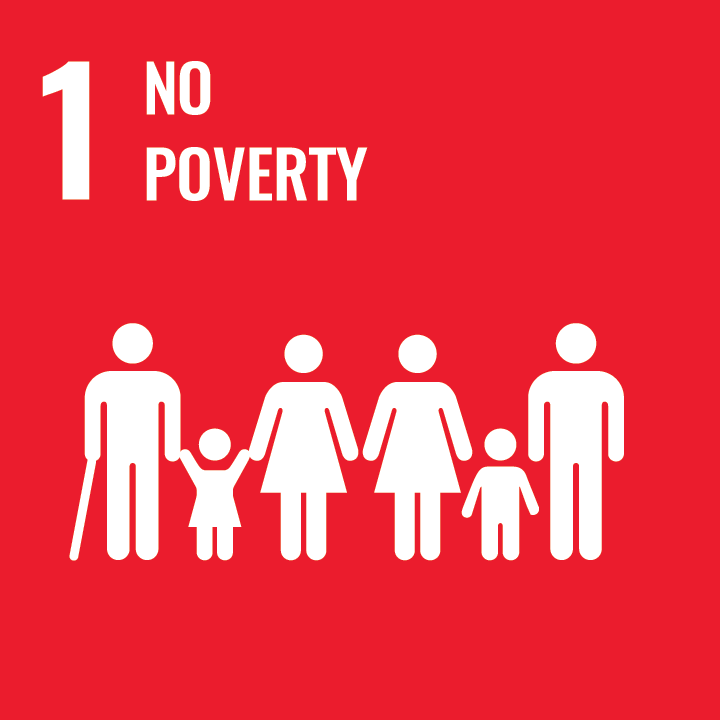
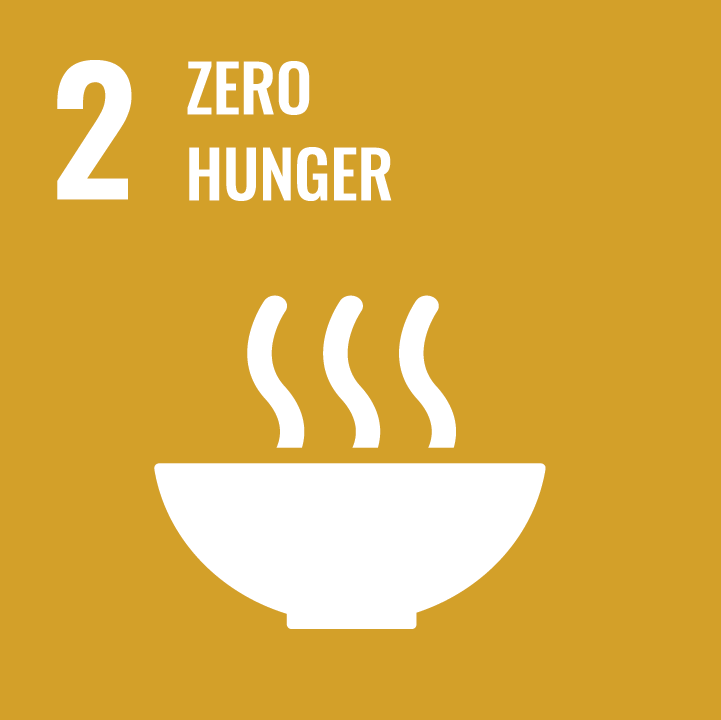
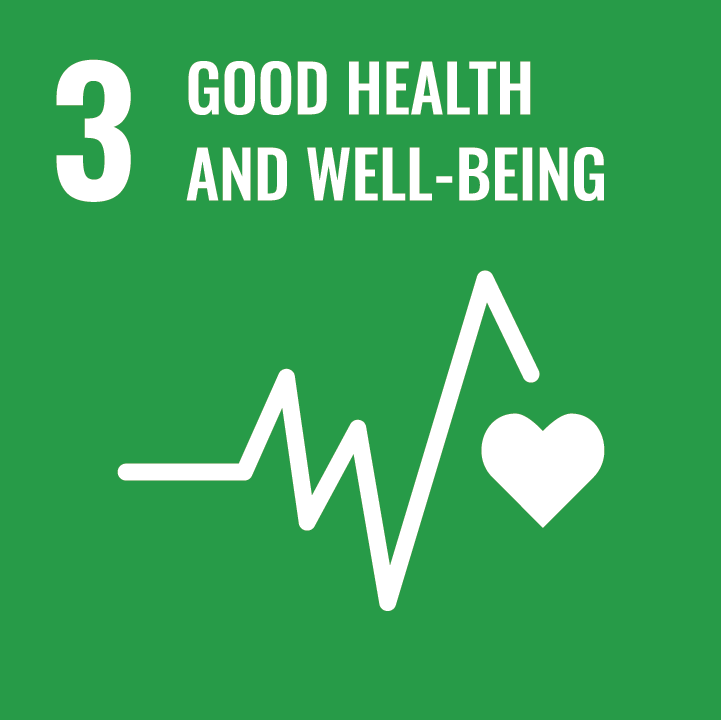
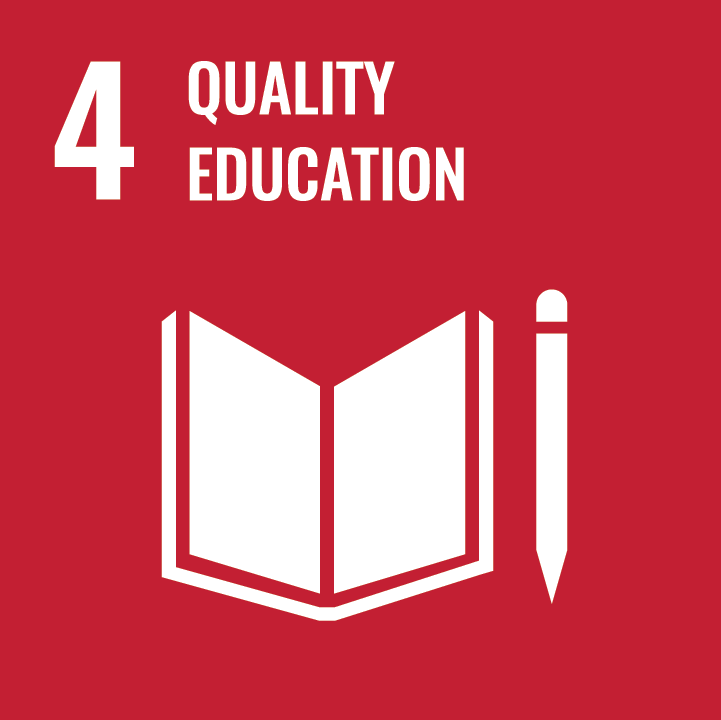
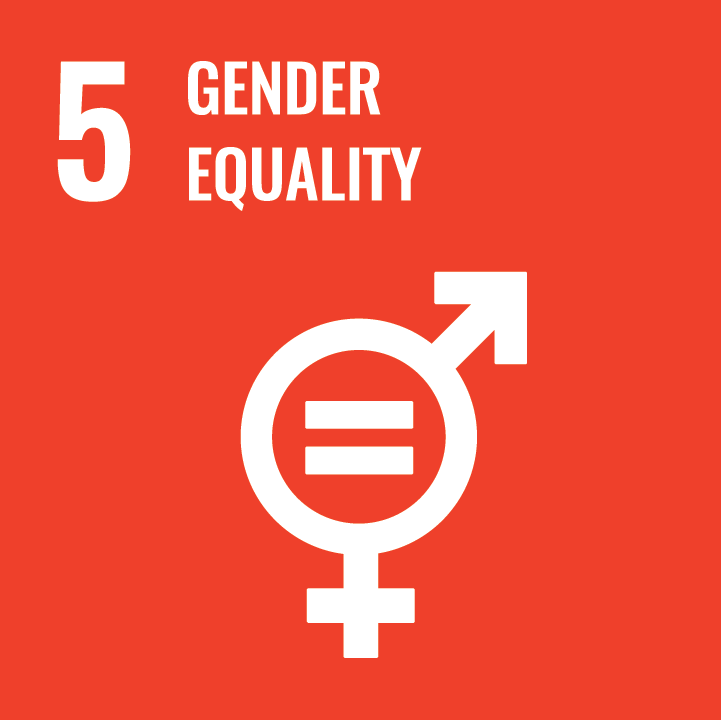
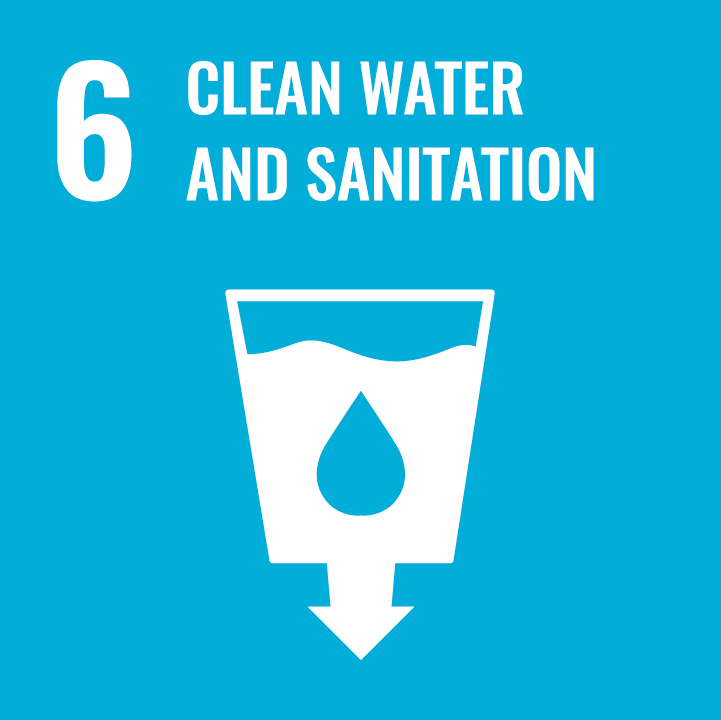
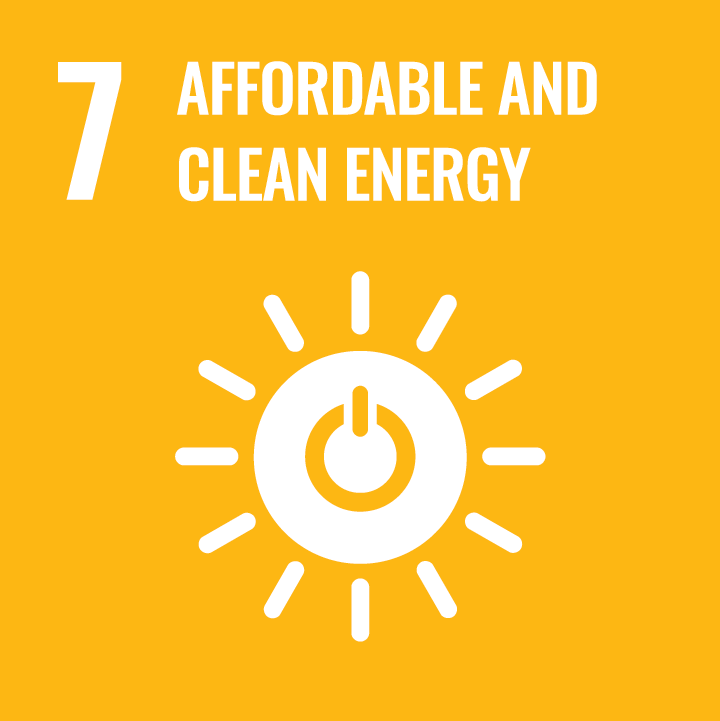
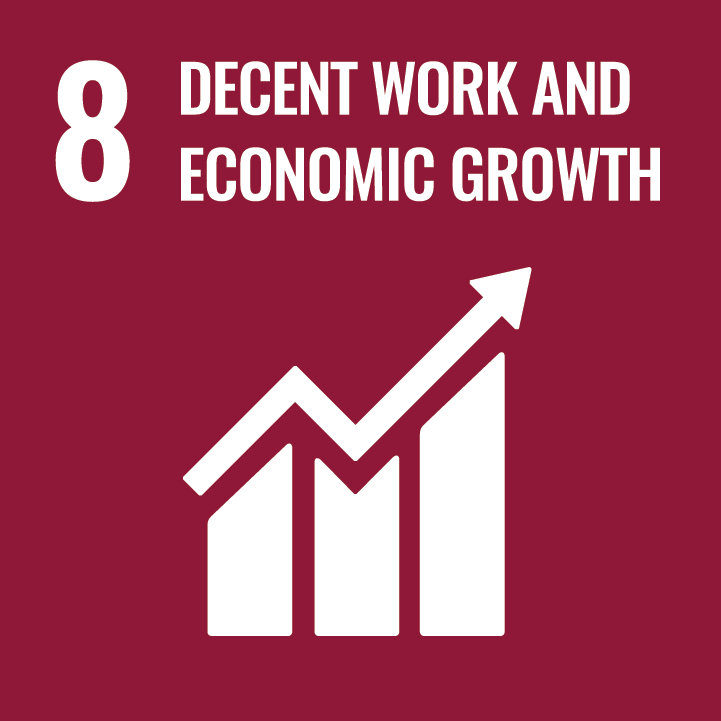
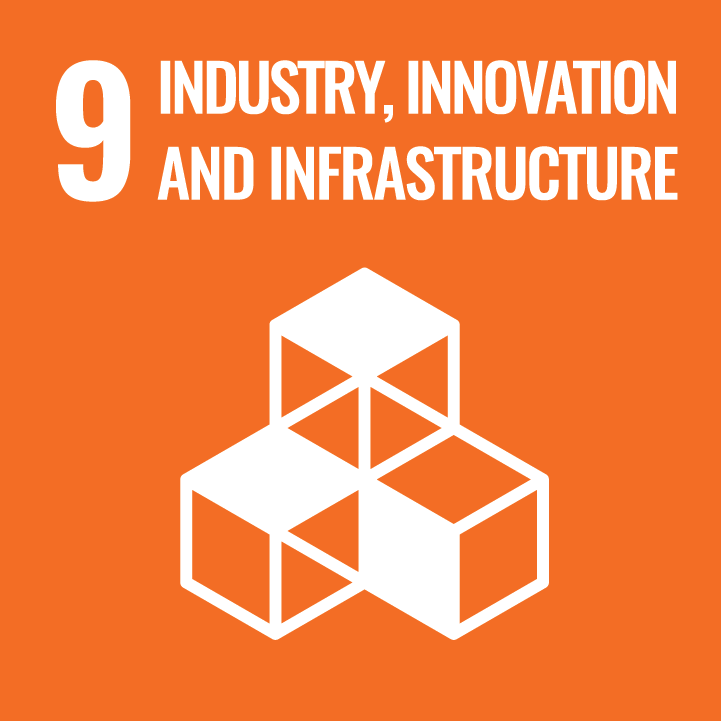
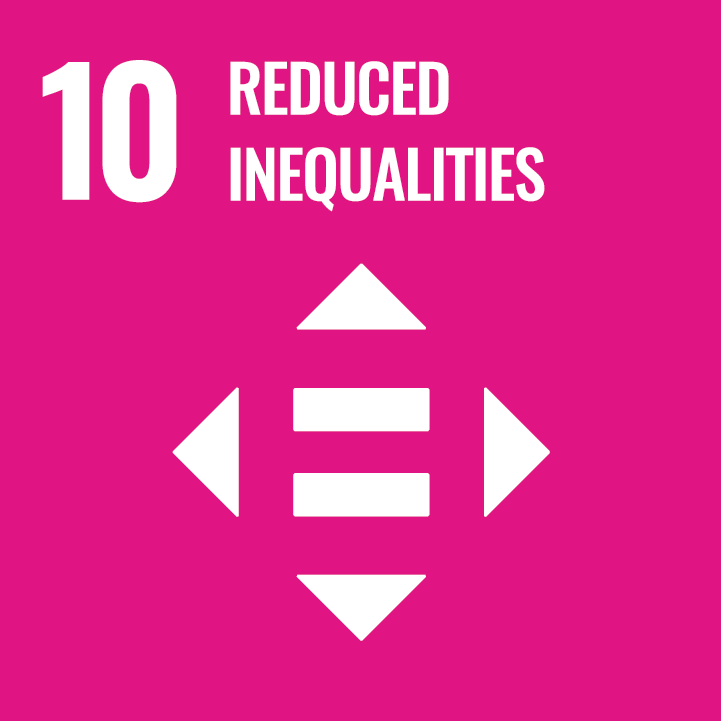
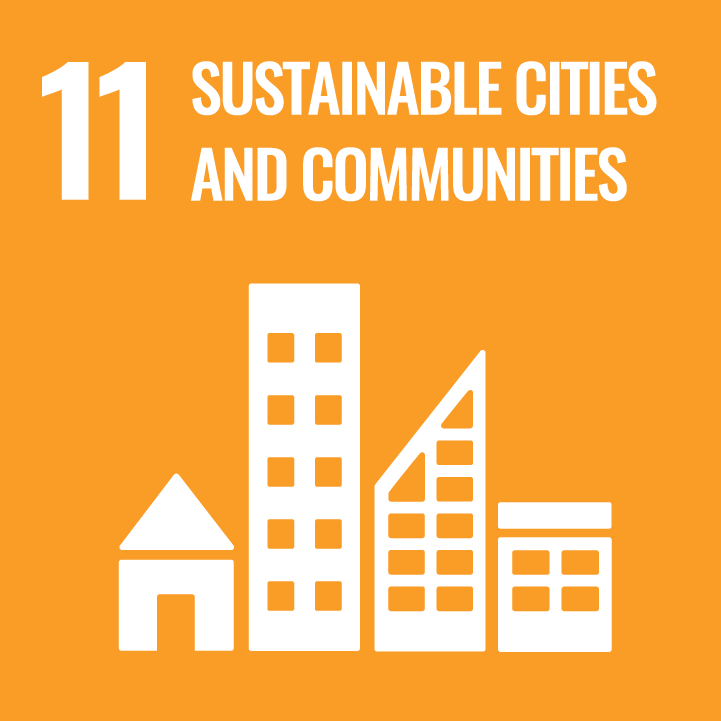
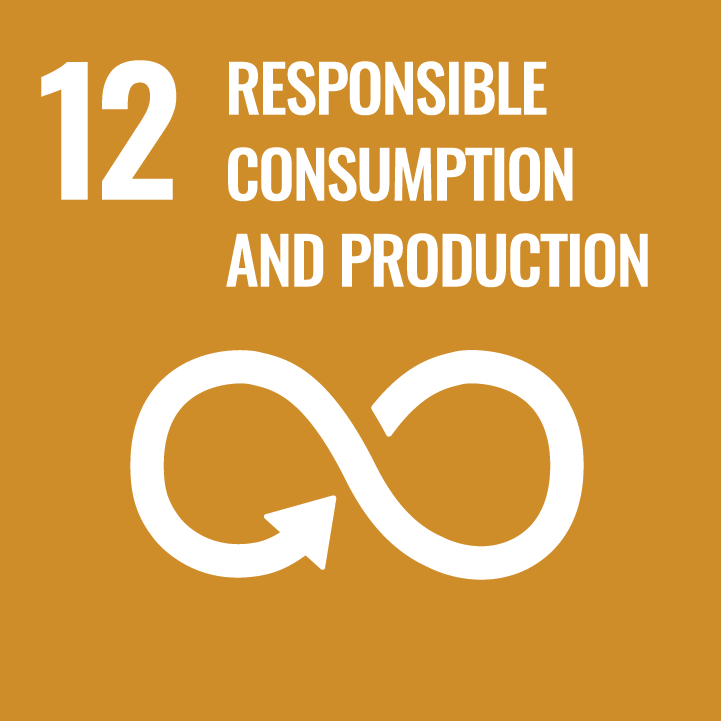
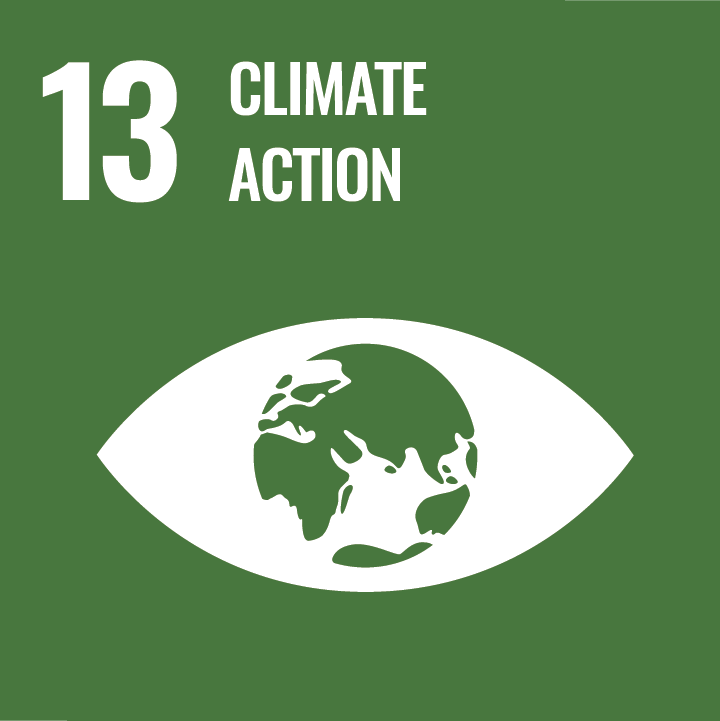
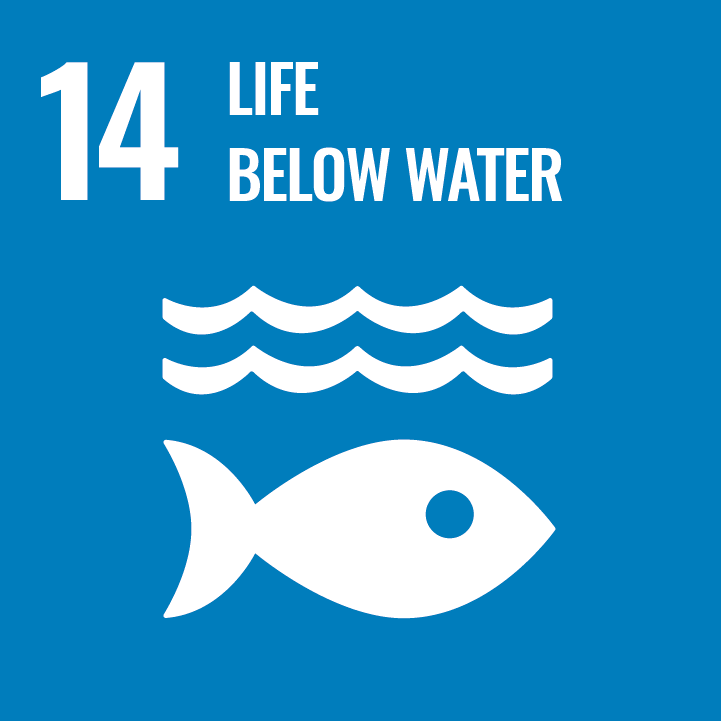
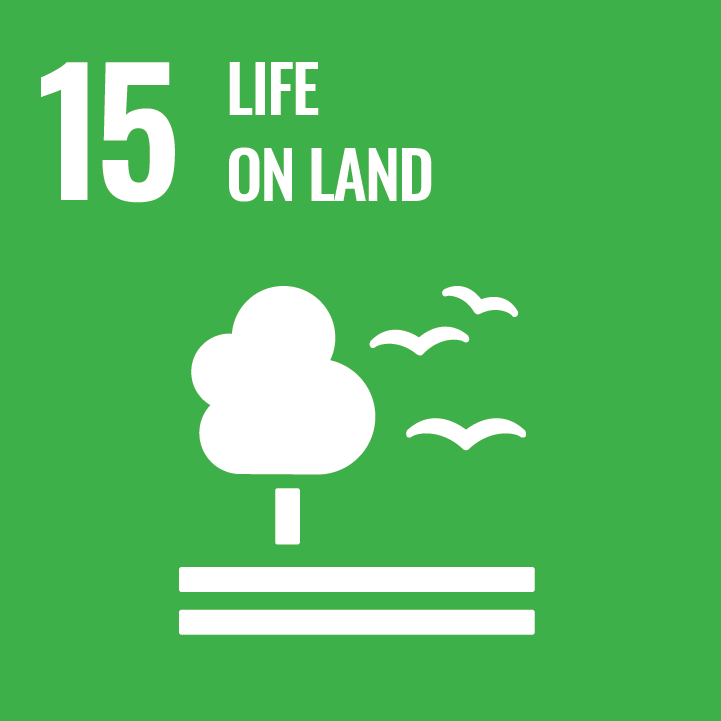
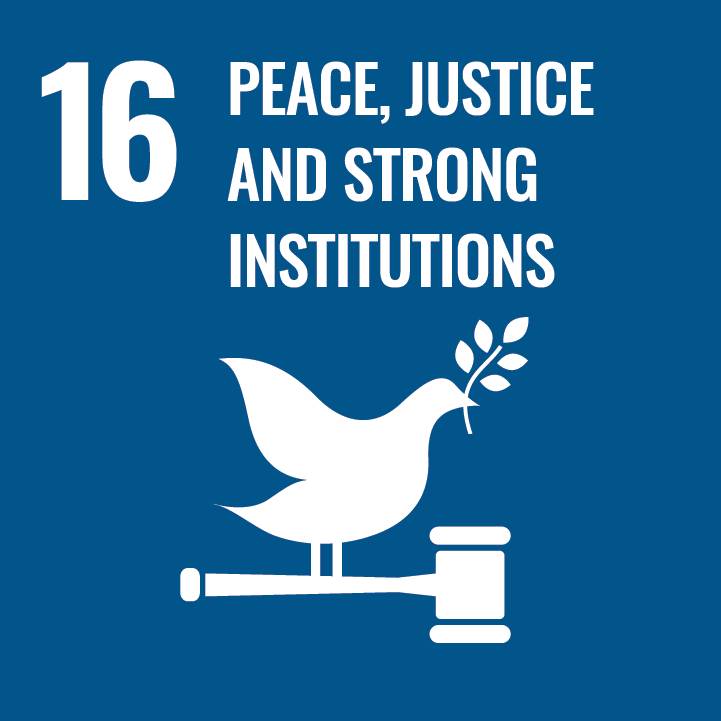
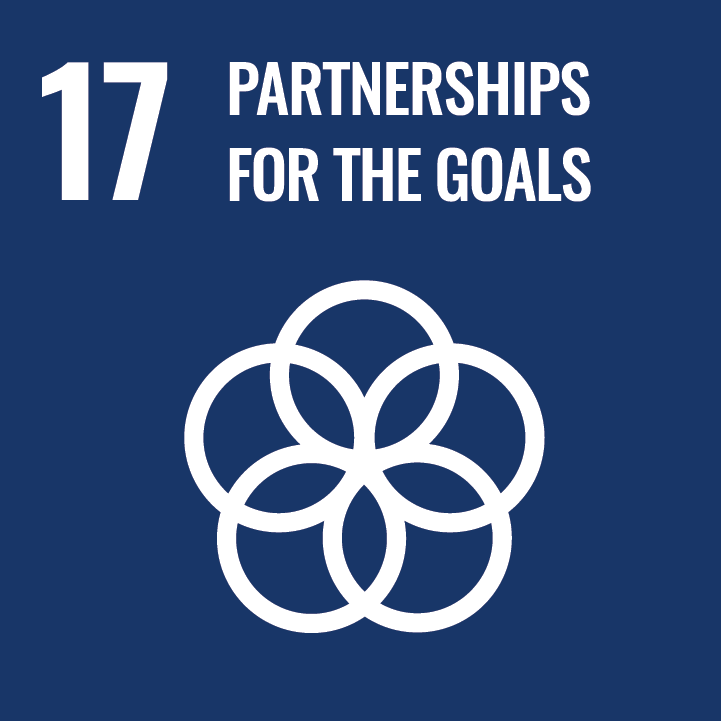
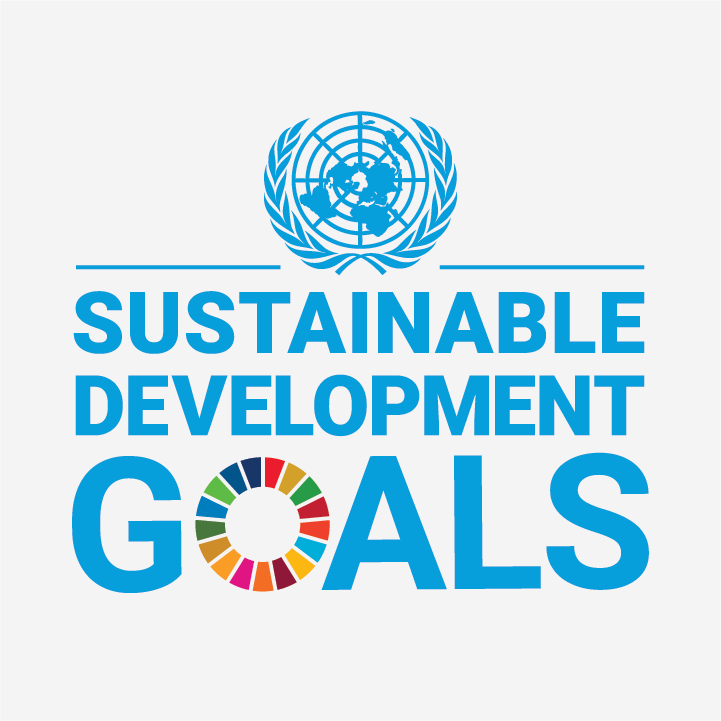

Sustainable development is about eradicating poverty, reducing inequalities and promoting sustainable management of natural resources and ecosystems as well as sustainable, inclusive and equitable economic growth. In a nutshell, it is development that meets the needs of the present generation without compromising the ability of future generations to meet their own needs.
It is crucial to harmonize three core elements to achieve sustainable development: economic growth, social inclusion and environmental protection. These elements are inter-connected and all are essential for the well-being of individuals and societies.
World leaders have committed themselves to this path when they adopted the Sustainable Development Goals at an historic UN Summit in 2015.
The 17 Sustainable Development Goals are a call for action by all countries – poor, rich and middle-income – to promote prosperity while protecting the planet. They recognize that ending poverty must go hand-in-hand with strategies that build economic growth and address a range of social needs including education, health, social protection, and job opportunities, while tackling climate change and environmental protection. More important than ever, the goals provide a critical framework for recovery from the COVID-19 pandemic.
The 17 goals, unanimously adopted by 193 countries, set a new universal standard for development which aims to ensure that no one is left behind. The targets and indicators behind the goals provide a benchmark for measuring success.
At the SDG Summit in September 2019 world leaders called for a Decade of Action and delivery for sustainable development, and pledged to mobilize financing, enhance national implementation and strengthen institutions to achieve the Goals by the target date of 2030, leaving no one behind.
United Nations development efforts have profoundly affected the lives and well-being of millions of people throughout the world. Guiding the United Nations endeavours is the conviction that lasting international peace and security are possible only if the economic and social well-being of people everywhere is assured.
The UN's development mandate is laid out already in the preamble of the Charter: "We the peoples of the United Nations determined … to promote social progress and better standards of life in larger freedom …"
For development to have a long-term positive effect, it must be sustainable. This is about making sure that the earth's resources that we use to promote economic growth will be available to future generations. The threat posed by global climate change is an example of how human freedoms and human development can be eroded when economic growth and development is divorced from environmental concerns.
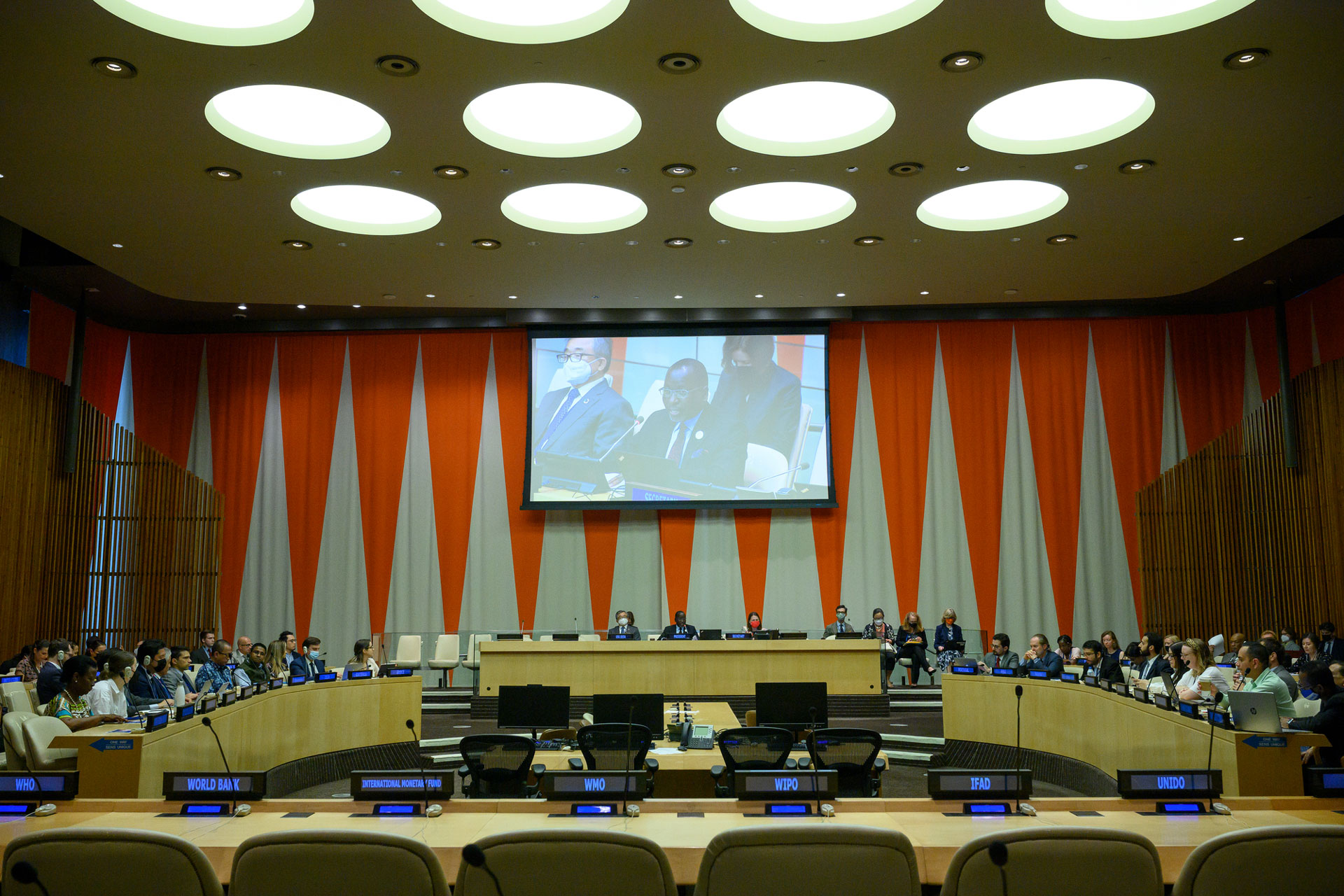
Opening of 2023 Session of Economic and Social Council
The Economic and Social Council (ECOSOC) is the principal body coordinating the economic and social work of the United Nations. The United Nations Department of Economic and Social Affairs (DESA) provides support to the intergovernmental processes on development issues in the General Assembly and in the Economic and Social Council, its functional commissions and expert bodies. The United Nations Development Programme (UNDP) is the United Nations lead agency on international development, working in 170 countries and territories to eradicate poverty and reduce inequality. UNDP helps countries to develop policies, leadership skills, partnering abilities, institutional capabilities, and to build resilience to achieve the Sustainable Development Goals. Their work is concentrated in three focus areas; sustainable development, democratic governance and peace building, and climate and disaster resilience.
The United Nations work in the field of development covers many areas including: the advancement of women; governance and institution-building; international trade; macroeconomics and finance; population; science and technology; social development; human settlement; and energy. The work is coordinated through the United Nations Sustainable Development Group, a body which unites the 37 funds, programmes, agencies, departments and offices that work in development in more than 162 countries.The common objective is to deliver more coherent, effective and efficient support to countries seeking to attain internationally agreed development goals.
To mark the 80th anniversary of the United Nations, Ciné-ONU Vienna screened the documentary “The Agreement” by Raeshem Nijhon at Top Kino Cinema. The film tells the story of how the world came together to establish the Sustainable Development Goals (SDGs) in 2015 to address the world’s biggest issues.
In cooperation with the Slovak National Institute for Education and Youth (NIVAM), the United Nations Information Service (UNIS) Vienna invited teachers from all over Slovakia to attend the workshop "Teaching the United Nations and the Sustainable Development Goals (SDGs)” at the United Nations Headquarters in Vienna.
This United Nations Day we are featuring the work of the United Nations organizations in Vienna to achieve the Sustainable Development Goals. From advancing science and technology to driving sustainable development, from fighting drugs and crime to promoting a culture of peace and equality - the UN Vienna family's work is having a positive impact around the world. Explore these inspiring stories here.
"As we mark World Cities Day, let us celebrate the power of youth to build green, resilient and inclusive cities that meet the needs and aspirations of future generations." — António Guterres